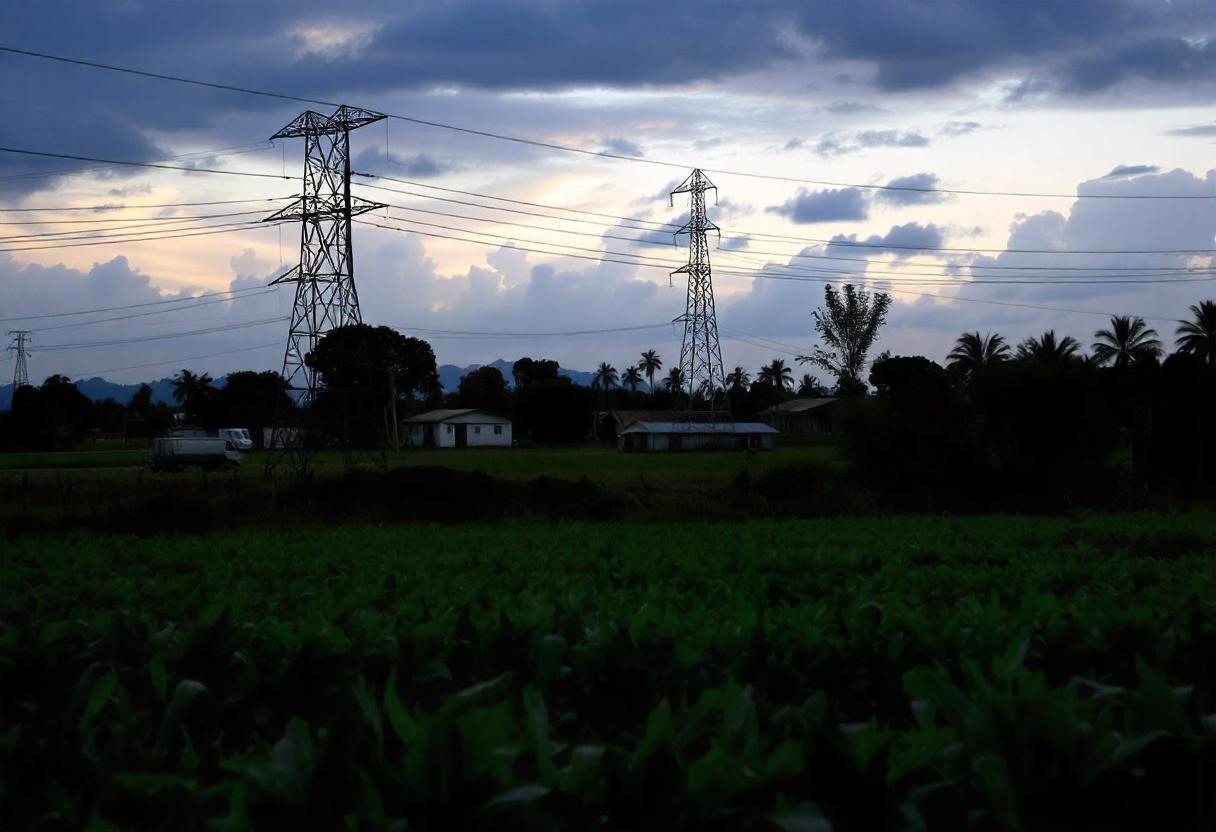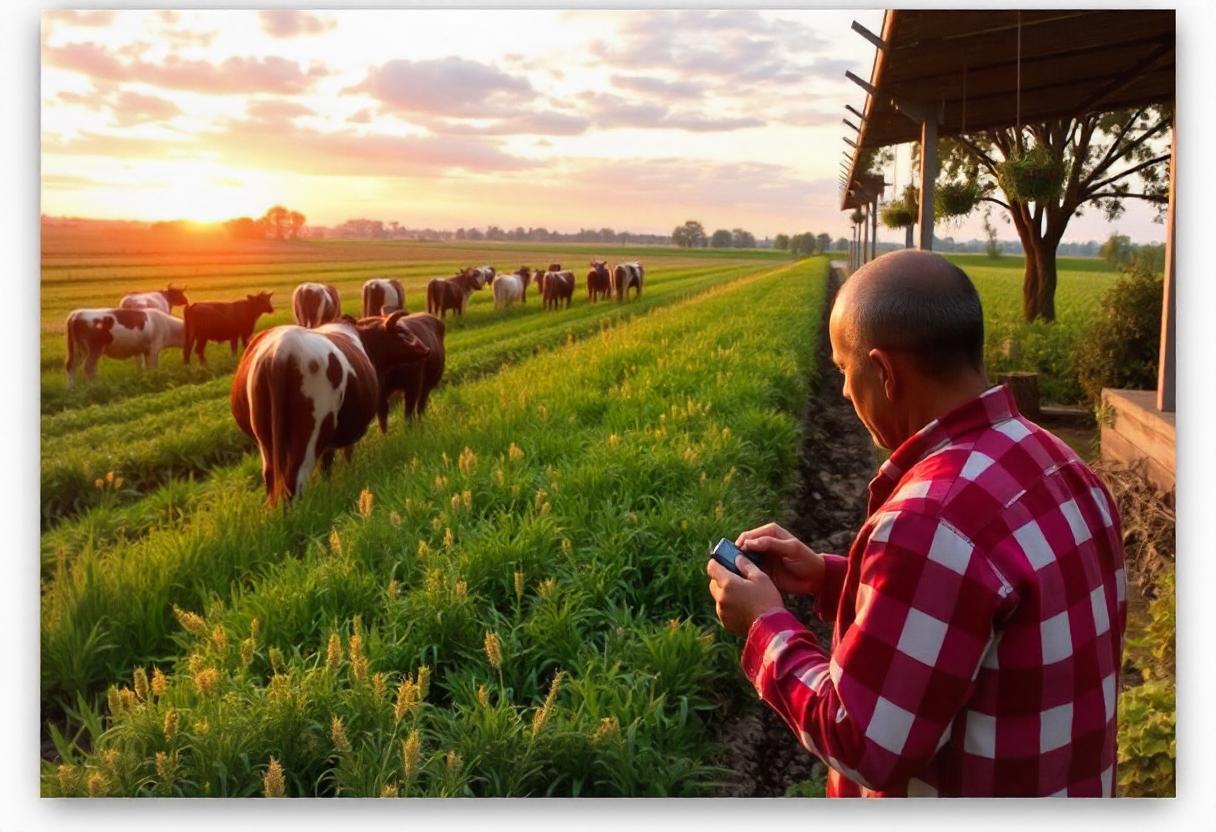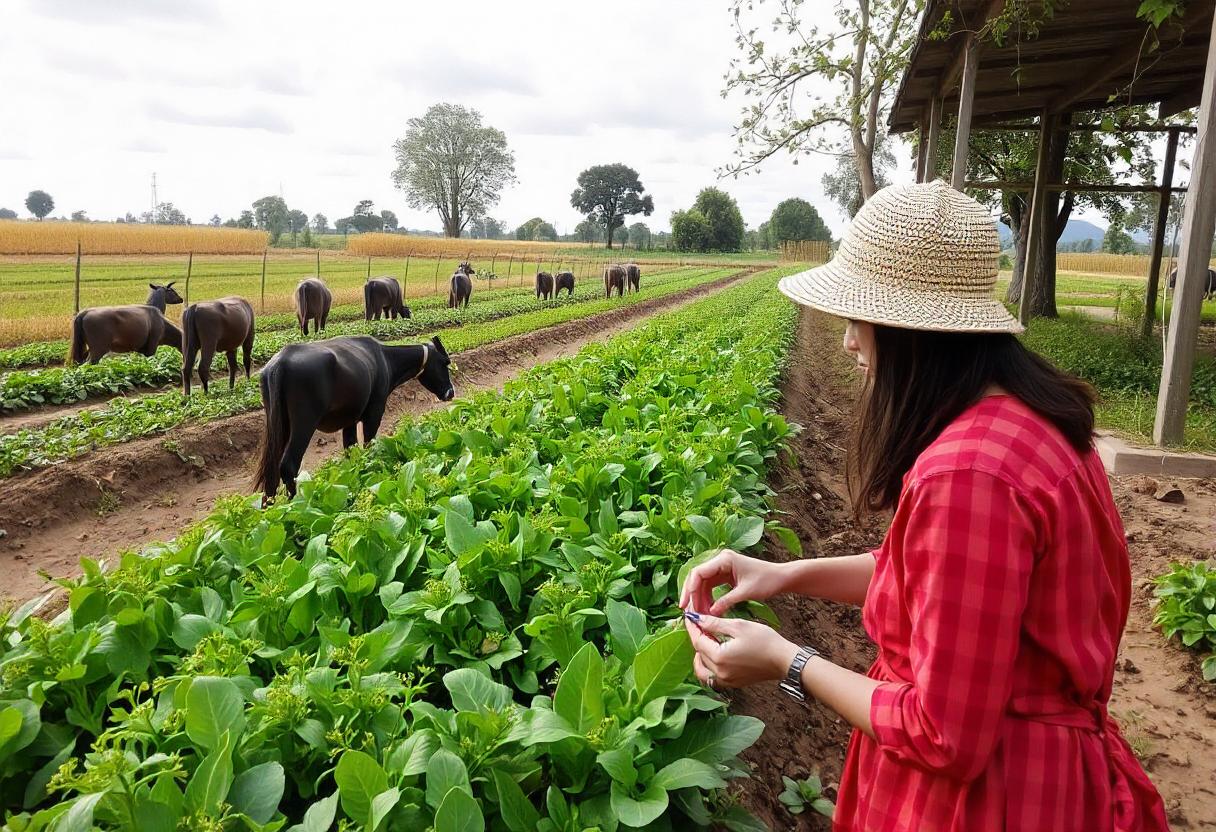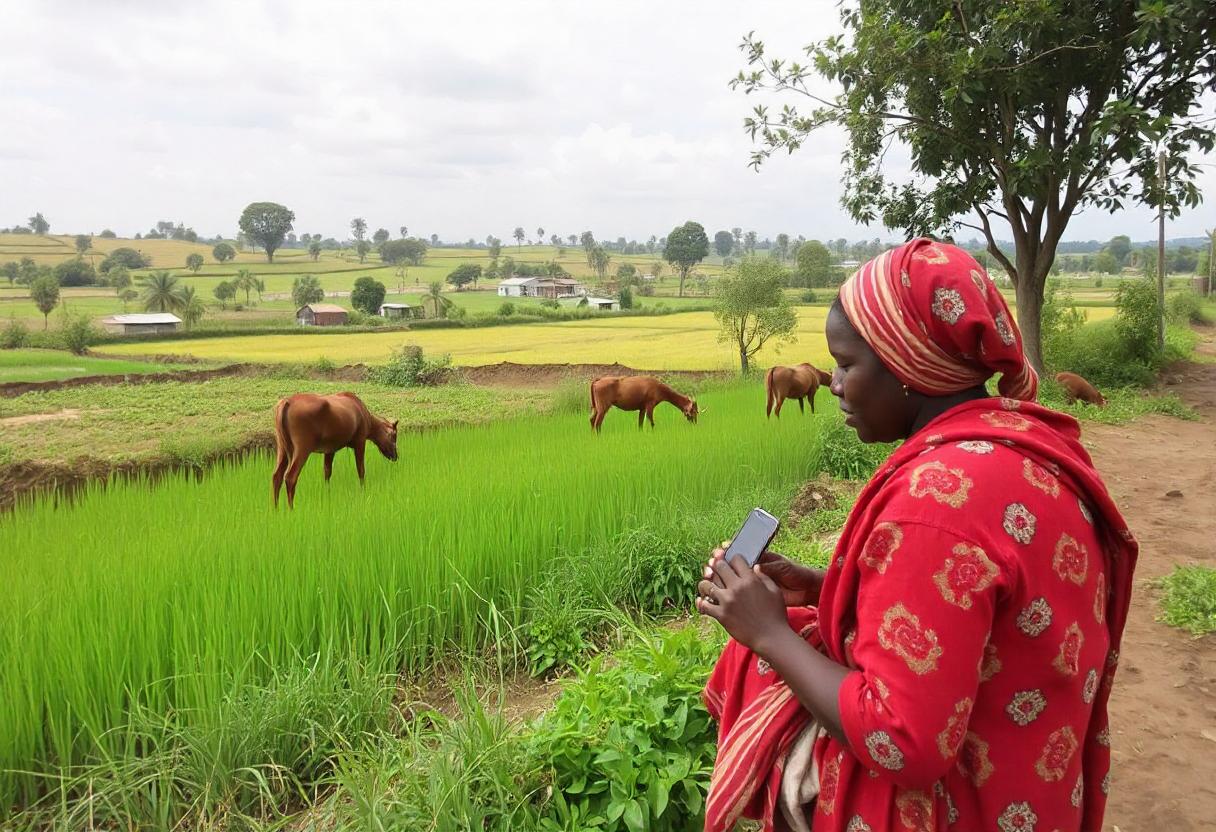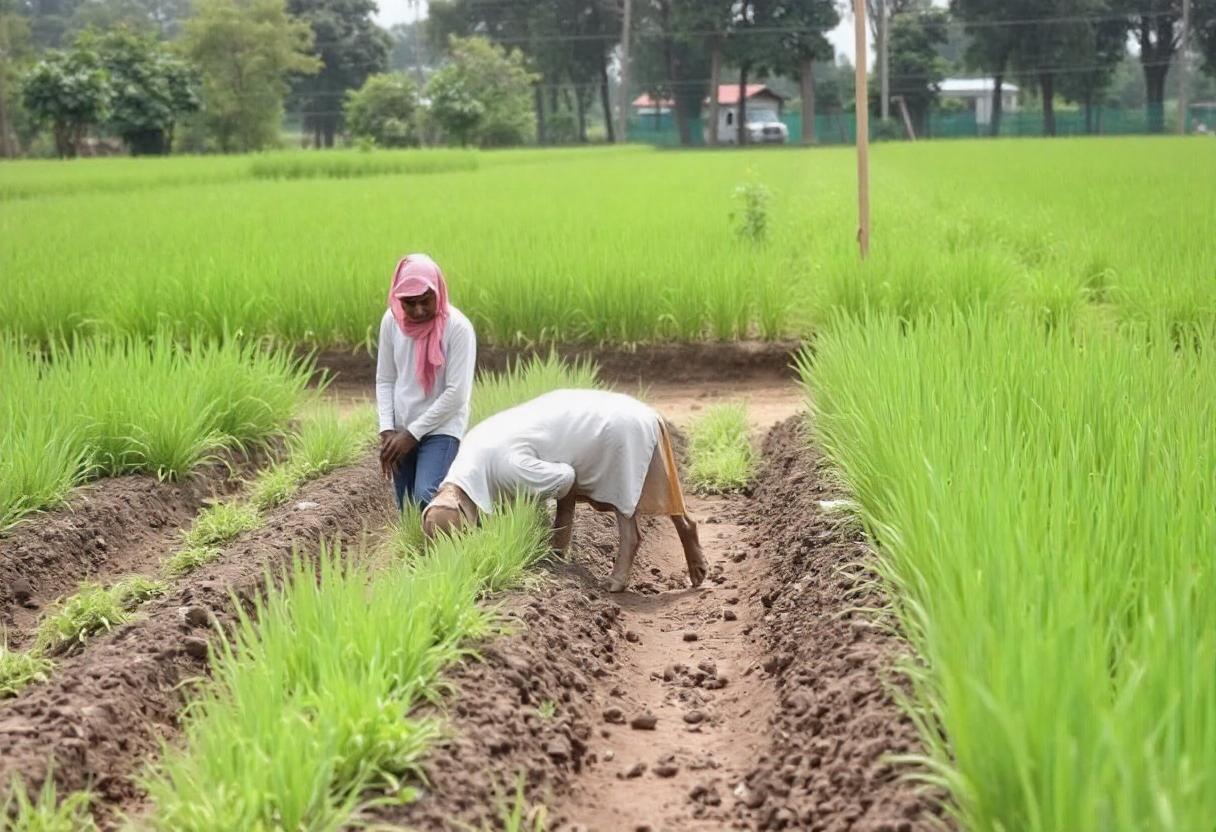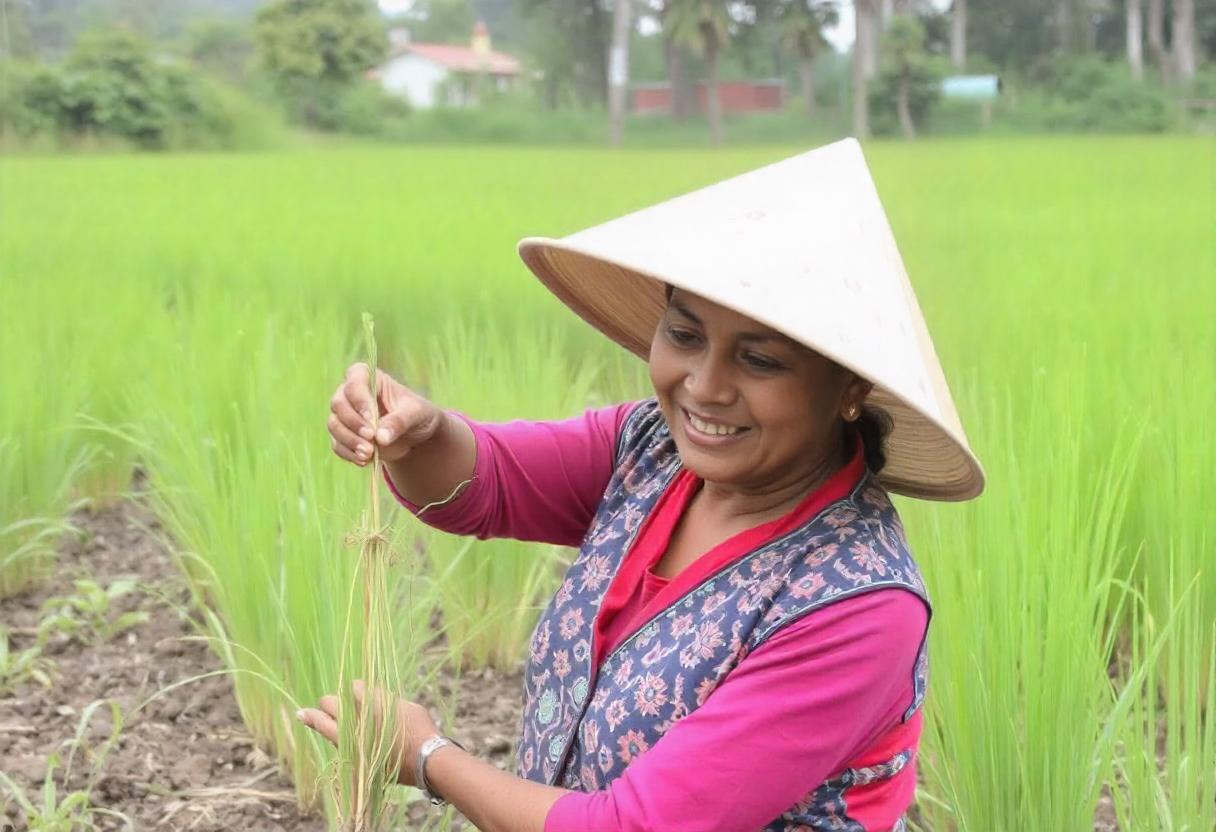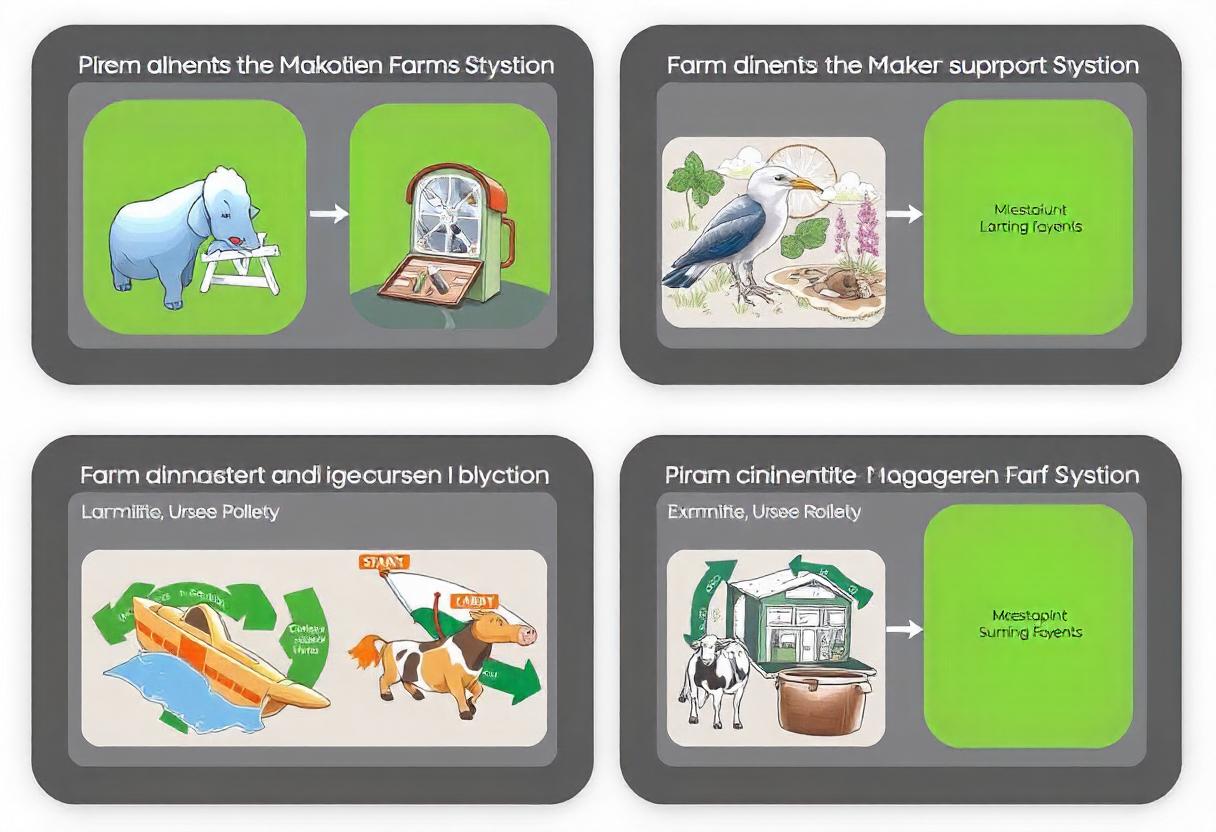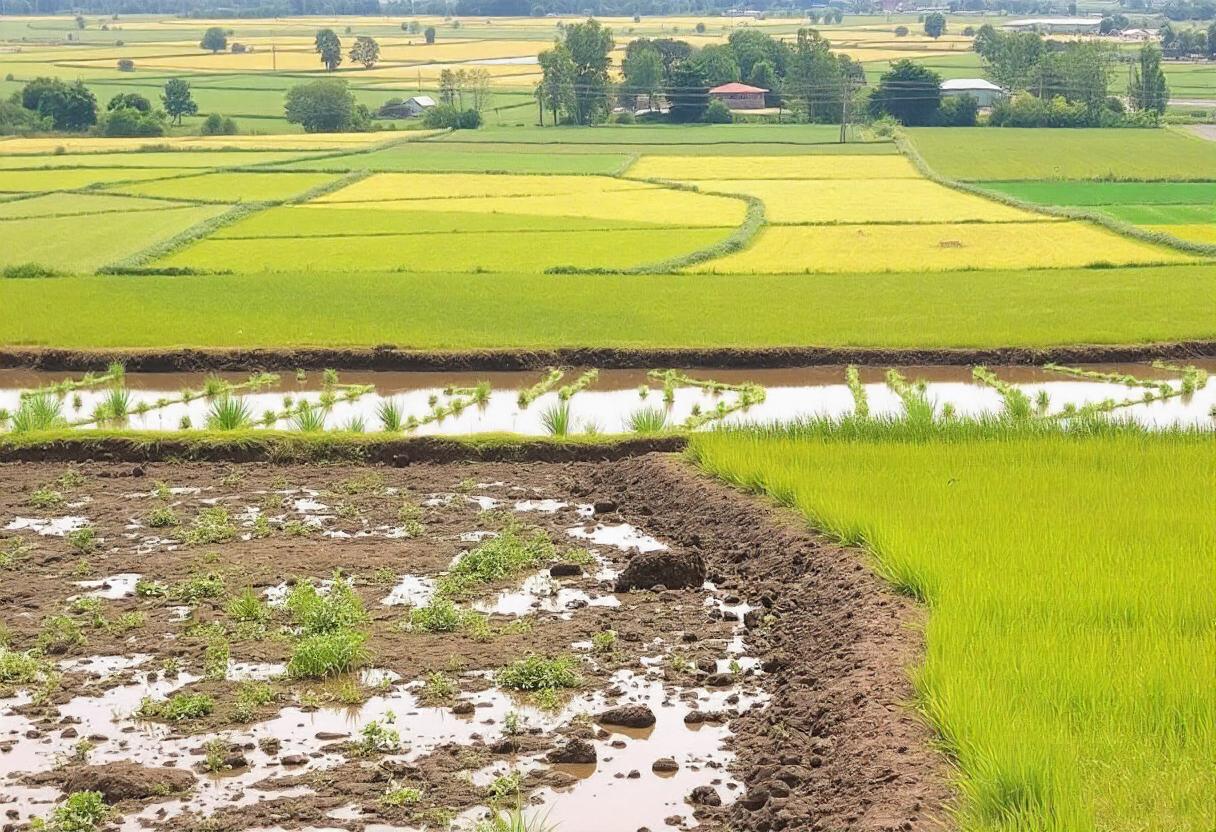Farmer Cooperatives And Collective Bargaining
Introduction to Farmer Cooperatives Farmer cooperatives are organizations where agricultural producers come together to form a collective group that operates for mutual benefit. These cooperatives are driven by the principle of self-help and solidarity, allowing farmers to combine their resources, share risks, and work together to
Learn MoreIntroduction To Rural Electrification And Agriculture
Rural electrification refers to the process of bringing electrical power to remote and underdeveloped areas, particularly rural communities. Agriculture, being the backbone of rural economies, stands to benefit greatly from electrification. The relationship between rural electrification and agriculture is essential for modernizing farming techniques, improving productivity,
Learn MoreMobile Applications For Agriculture
The integration of technology into agriculture has revolutionized how farmers manage their operations. Mobile applications have become one of the most accessible and efficient tools for modern farmers. They offer various functionalities, from weather updates to crop management, helping improve productivity and sustainability. Farm Management Apps
Learn MoreIntroduction To Agricultural Risk Management
Agriculture is a vital sector for many economies, but it is inherently risky due to various factors like unpredictable weather, market fluctuations, and pest infestations. Effective risk management is crucial for farmers, agribusinesses, and policymakers to sustain productivity and ensure food security. Types of Risks in
Learn MoreIntroduction To Ecological Farming Practices
Ecological farming refers to agricultural practices that seek to maintain the balance between farming and the environment. Unlike conventional methods, which rely heavily on synthetic chemicals and monoculture, ecological farming promotes sustainable methods that protect biodiversity, improve soil health, and support ecosystems. This approach integrates natural
Learn MoreIntroduction To Land Tenure And Property Rights In Agriculture
Land tenure and property rights play a crucial role in agricultural development. These systems define how land is owned, accessed, and utilized, directly impacting agricultural productivity and rural livelihoods. In many regions, particularly in developing countries, land tenure systems can be complex and diverse, shaped by
Learn MoreImpact Of Agricultural Monopolies On Small Farmers
Introduction Agricultural monopolies refer to the dominance of a single or a small group of corporations in the agricultural sector, controlling significant aspects of production, distribution, and pricing. While these entities can benefit from economies of scale and contribute to feeding the world’s population, their rise
Learn MoreIntroduction To Traditional Knowledge In Modern Farming
Traditional knowledge refers to the wisdom, practices, and skills developed over generations, often by indigenous and local communities. This knowledge has been shaped by years of observation, experimentation, and adaptation to the natural environment. While modern farming relies heavily on technology and scientific advancements, traditional knowledge
Learn MoreFarm Management And Decision Support Systems
Introduction to Farm Management Farm management involves the strategic planning, implementation, and monitoring of agricultural practices to maximize productivity, sustainability, and profitability. It requires a systematic approach to resource allocation, crop planning, livestock management, and financial oversight. Effective farm management balances the technical, financial, and environmental
Learn MoreFarming On Marginal Lands
Introduction Farming on marginal lands has become an essential practice in regions where fertile land is scarce. Marginal lands refer to areas that are not typically suitable for conventional agriculture due to factors such as poor soil quality, limited water resources, or challenging topography. However, with
Learn More
